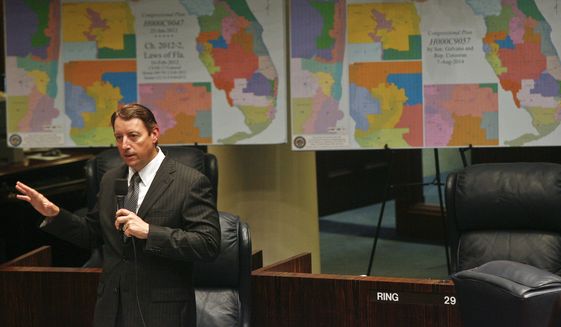
It’s amazing what armed citizens can do to help preserve the peace when government gets out of the way, and allows law-abiding citizens to exercise their Second Amendment rights.
Kansas Gov. Sam Brownback just signed a bill legalizing so-called “constitutional carry”—allowing citizens to exercise their right to carry a firearm for self-defense without permits—less than two weeks ago.
It has already proven instrumental to thwarting a robbery.
24 year old Joey Tapley was a key witness in Friday’s armed robbery for weapons inside the Academy Sports and Outdoors store in Topeka.He recalled the moments before the robbery, saying, “I was at the counter buying bullets with my cousin and I heard some loud bangs. I look up and they are just loading up weapons from the counter and then they run off and my instincts kicked in.”Tapley followed the three suspects described only as white males ages 16 or 17, after they stole several rifles and an undisclosed amount of cash. Once outside, Tapley pulled out his own weapon.“I told him drop the gun man, mine is loaded , just drop the gun. We made eye contact for a second or two and he dropped two guns and ran,” said Tapley.Police officers arrested the teens along with an unidentified woman in the area of Southwest 6th and Fairlawn. The teenage boys were booked into the Juvenile Center on assault, burglary and robbery charges. The female was booked on conspiracy to commit aggravated robbery.Tapley who carries his gun without a concealed carry permit says his heroics wouldn’t have been possible without Governor Brownback’s approval of the law that took effect just under 2 weeks ago on July 1.“Thats why Kansas made the law. So citizens can carry and protect themselves and others. I guess my instincts just took over,” said Tapley.
The constant lament from opponents of constitutional carry is that without regulation and permitting that there will be “blood on the streets” from unlicensed carriers shooting at anything that moves… the same argument that they’ve been attempting to use (unsuccessfully) against concealed carry for more than 30 years.
Here in reality, we know that the very minimal “classes” required for concealed carry don’t have any long-term effect on students who take 8 or even 16 hours courses. People will default to their level of firearms training, which is not a required part of any concealed carry class in the nation (the shooting portion required in some concealed carry courses is a qualification test only).
Mr. Tapely used his common sense and his gun rights to thwart criminals from acquiring several firearms, and helped put them in jail, showing that constitutional carry works.
Let’s hope that the growing nationwide trend towards reasserting constitutional carry rights continues.



